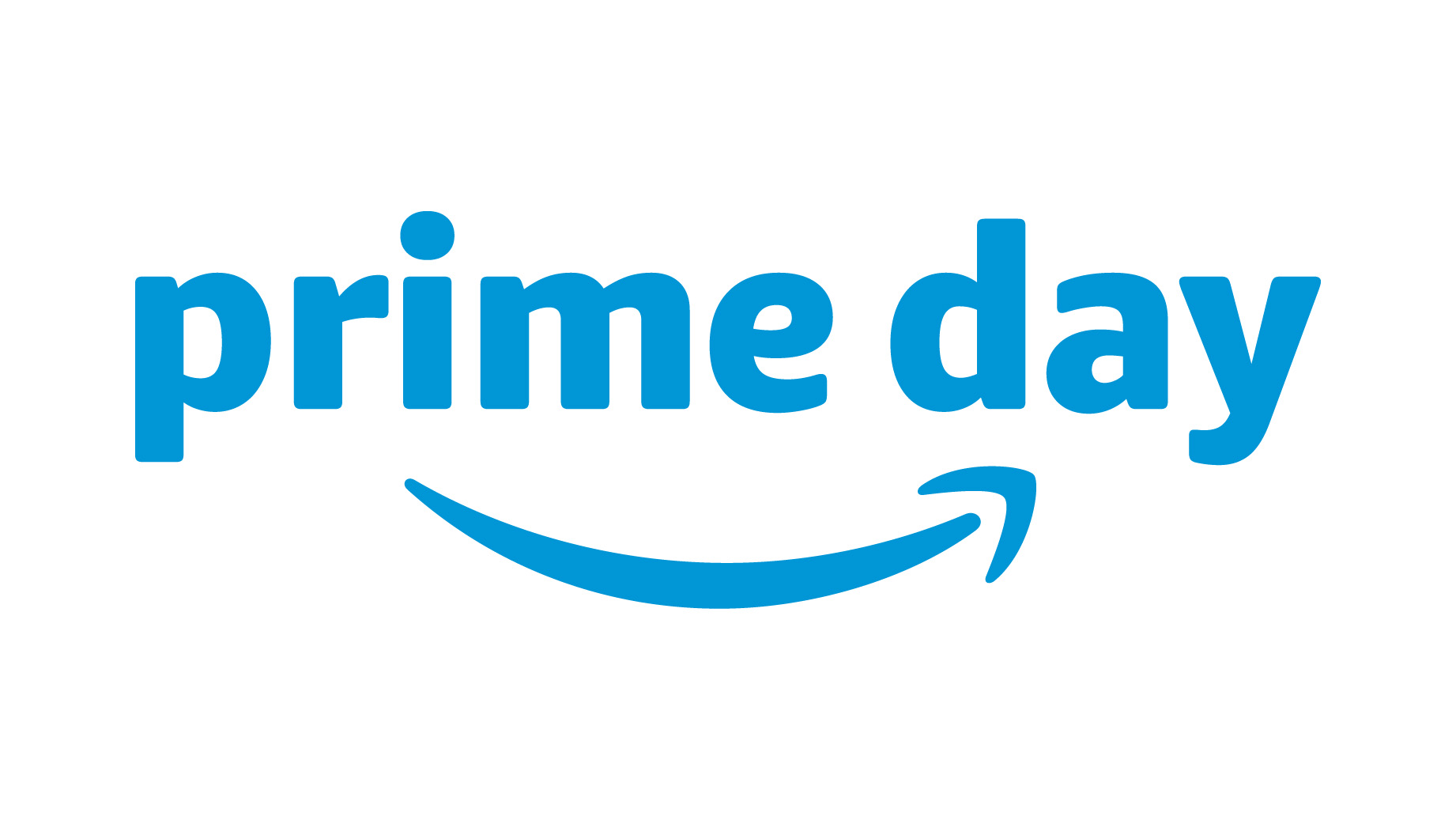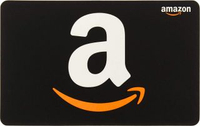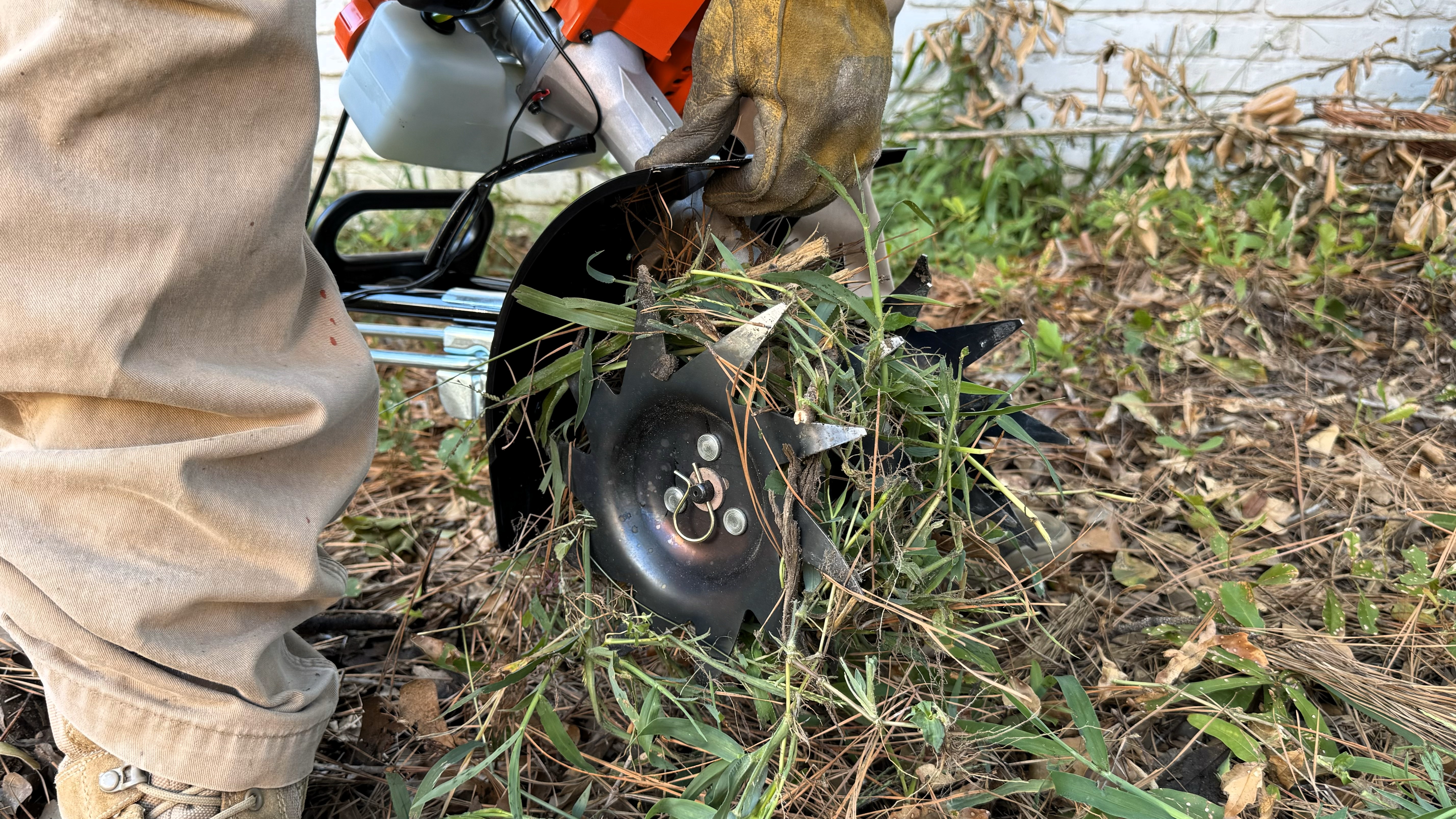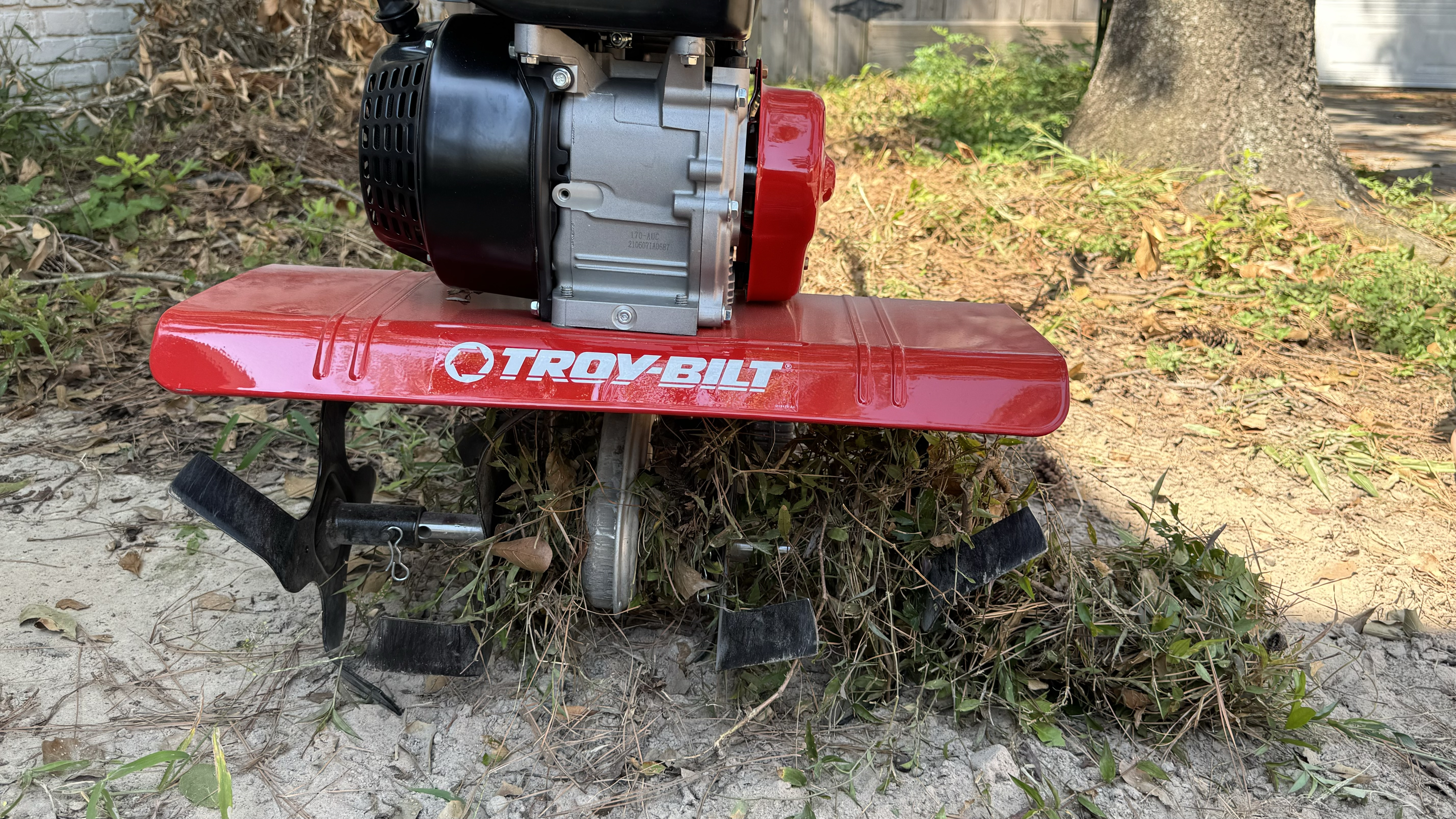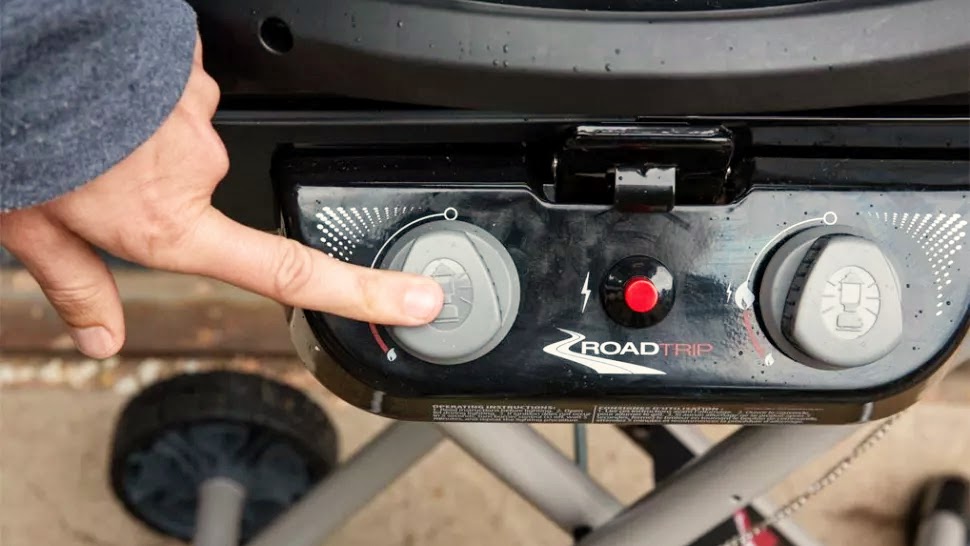Being wise to scams to avoid this Prime Day will help you to shop only genuine offers on genuine products, which will help you to keep your money safe when you shop online.
With countless Amazon Prime Day deals, the flurry of substantial markdowns makes many shoppers an easy target, and speedy online purchases make it simple to be misled by dodgy domains or inaccurate price tags. So, to help you shop with care and ease this Prime holiday, we've put together some of the most common (and lesser-known) scams to make note of.
The retail giant is returning it's two-day sale on July 16 and 17, with "hundreds-of-thousands" of deals promised across air fryers, coffee makers, vacuum cleaners and more. Just remember that you will need to be signed up Amazon Prime membership to gain access to the discounts. This is currently $14.99 a month or $139 a year and includes free next-day delivery on selected products, Amazon Prime Video, Prime Reading, and many more features. It is also free for the first 30 days, allowing you to test it out before committing.
It's tricky to say "no" to a hefty discount and Amazon’s marketing around Prime Day makes it easy to get swept up, making you spend money on things you may not need for the sake of a good deal. As with any sale shopping, it’s important to maintain some perspective on what makes a worthwhile purchase, so planning ahead will help you to thoroughly digest any potential buys before taking the plunge.
5 scams to avoid this Amazon Prime Day
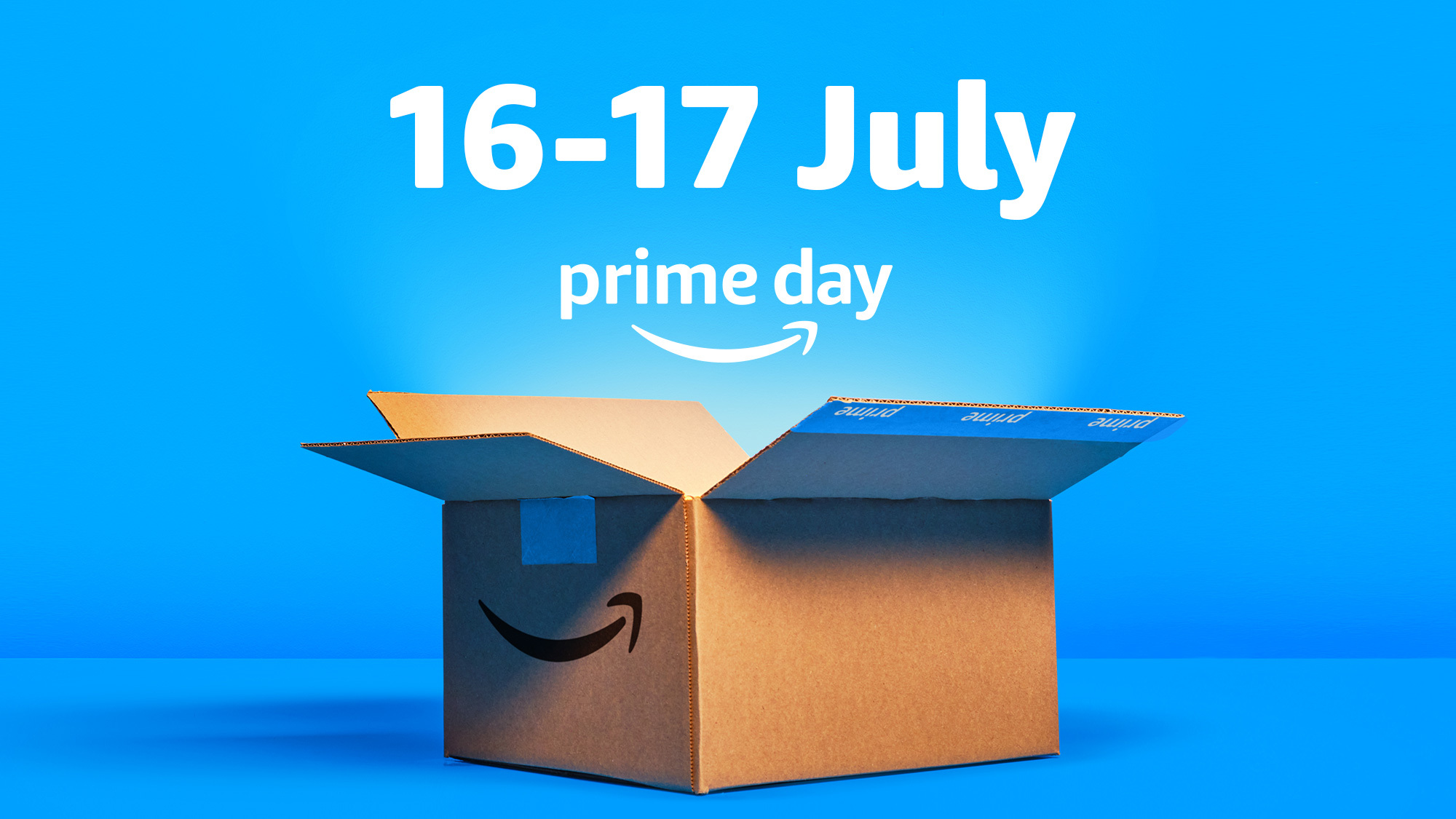
1. Some deals have already started
This year, the dates for Prime Day have been announced for July 16 - 17, but this doesn’t mean some discounts will sneak through the net and land beforehand.
Believe it or not, early Amazon Prime Day deals tend to start shortly after the 4th of July sales, while shoppers are still browsing any last remaining discounts. So try your best not to get side-tracked by the rush of the 2-day period - chances are the sales will last for longer than you think and even come back around.
Many other retailers are also now competing with the grand event, with many of their own sales starting before the big rush. This makes it ever the more important to shop around to ensure you are getting the best price, at the right time.
2. Be aware of price hikes
Perhaps one of the most common shopping scams out there, but one of the easiest to miss, is when retailers increase the price of an item only to then reduce it at the point of sale. This creates the illusion of a huge discount, luring consumers in to snap up what they believe are substantial savings.
A good way to avoid this is by always checking the price of an item across multiple retailers, to assess any discrepancies. Carefully considering potential purchases in advance of sales will also be a good indicator of whether this is occurring, as you will have a better understanding of the cost beforehand.
3. Double check the seller
While Amazon is home to an abundance of certified, established businesses, it is also relatively simple to become a seller on the site.
This sometimes means that third-party sellers set up accounts with believable images and biographies that are hard to immediately distinguish from legit companies.
Always double check who you're buying from by clicking on the sellers name which will take you to their storefront. Should any problems arise with shipping or returns, it is far easier to gain a response from an official business, rather than a third-party who may handle issues outside of Amazon's terms of service.
4. Be wary of fake reviews
When you see a huge range of 4 and 5-star reviews, it is easy to take it at face value and race into adding the item to your cart. But how many times have you stopped to not only read them in detail but also check who wrote them?
With many companies aiming to increase their site rankings and sales, some take to review websites such as Trustpilot to generate fake reviews. A few things you can do to spot fake reviews this Prime Day are as follows:
- Check the reviewers profile: Have they bought and reviewed similar products in the past? Generally, there should be a natural pattern to their shopping habits whereas if they have bene paid to review items, it may not build up an accurate consumer image.
- Check the review dates: If multiple reviews were posted on the same day, this could be a sign a user has been paid to upload fake ratings in bulk.
- Read the reviews in detail: Fake reviews are more likely to contain spelling errors or little detail about the product, so make sure you are assessing the actual content, not just the star rating.
5. Double check domains
Scammers are getting better at creating websites that look almost exactly the same as Amazon, however the domain will always be different. Make sure you take a close look at the URL, as often the spelling will be very similar (think Amason, not Amazon) but in doing so can save you substantial sums of money.
Julian House, Managing Director of My Favourite Voucher Codes, also recommended to "avoid websites which you don’t recognise and don’t click on any hyperlinks which look suspicious. If you’re bombarded with multiple pop-up windows, that’s a classic red flag of a fraudulent website."
In other words, always double check that you are accessing Amazon from a legitimate, verified link or browser, to avoid buying on fake sites or from having your card details stolen.
To help you shop smarter, we're rounding up Amazon Prime Day air fryer deals, Amazon Prime Day Instant Pot deals, coffee maker deals and more. This puts all of the best, and genuine deals, all in one place for you to browse.
